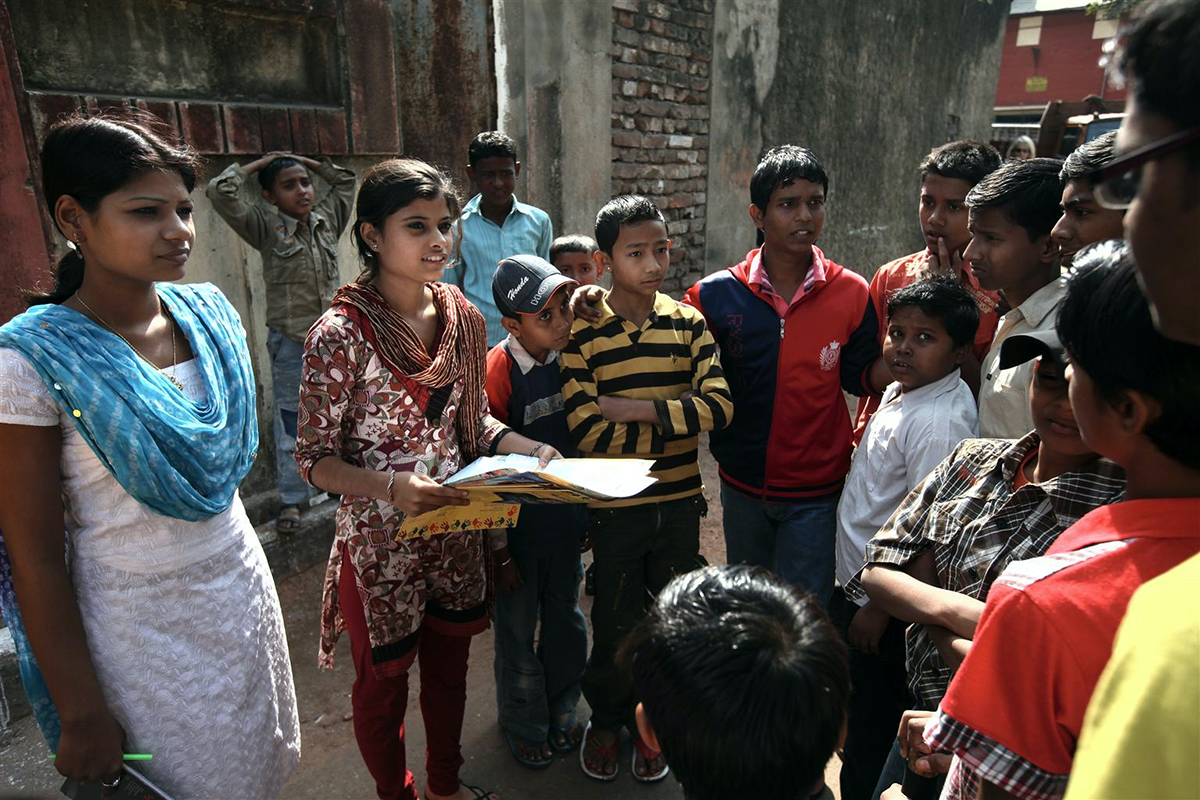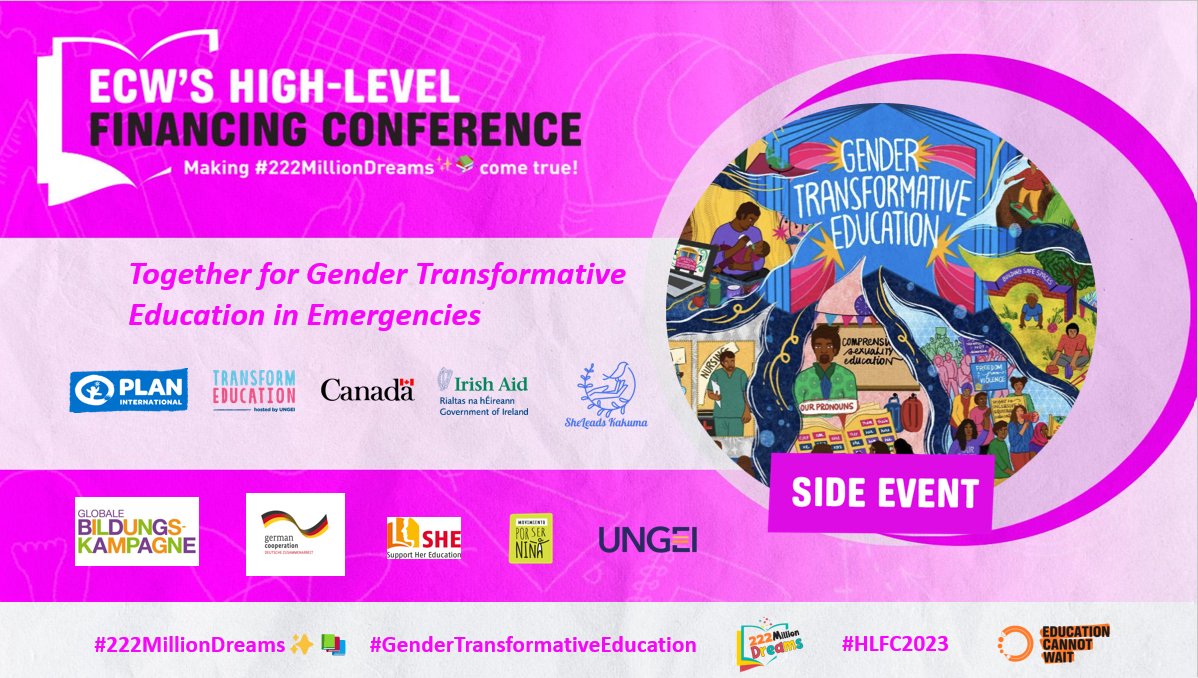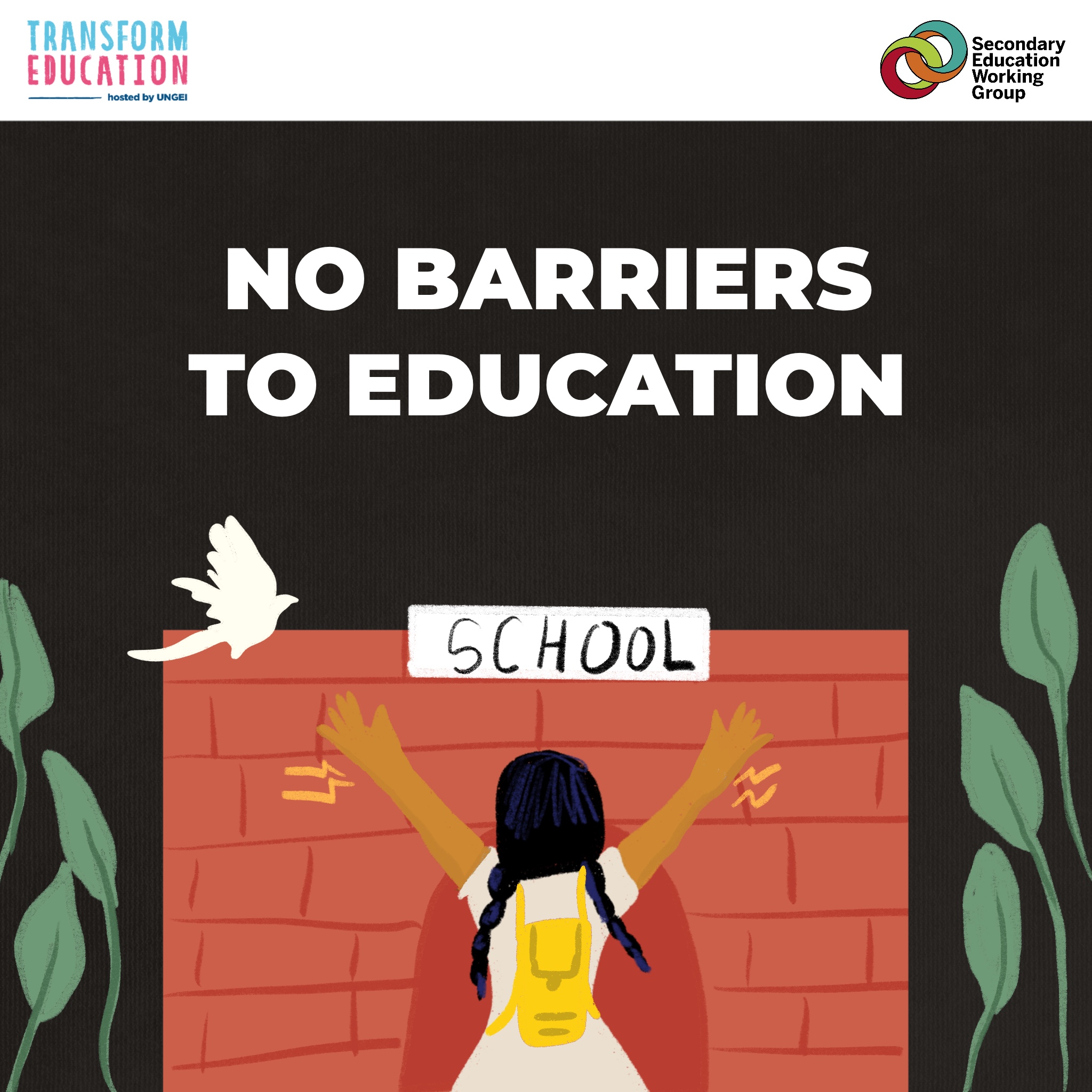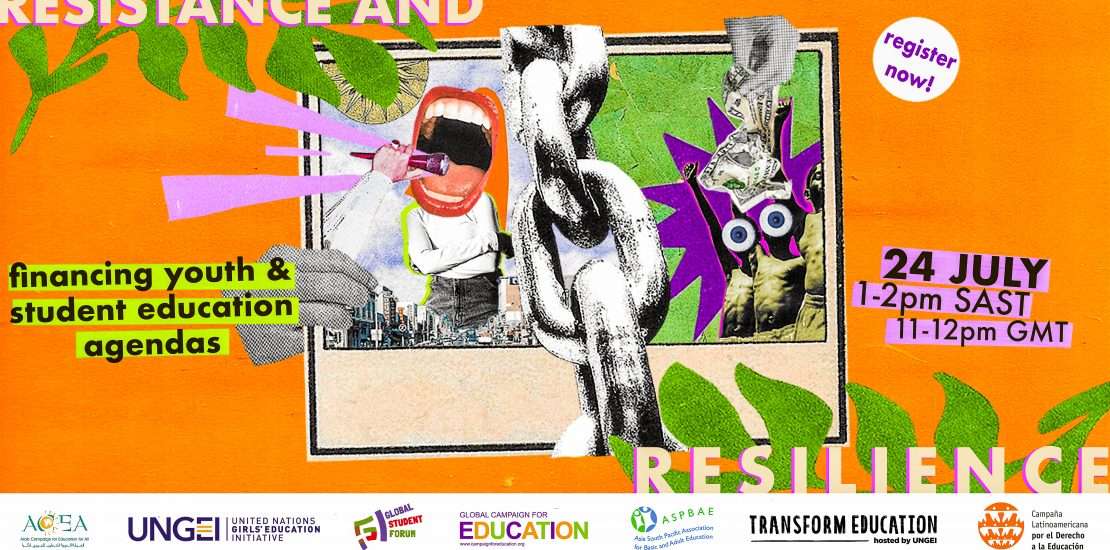For millions of children and young people around the world gender-based violence is a daily occurrence in and around schools. Yet, as the Not My School Campaign has shown, they are also leading the movement to end it.
While International Youth Day activism is powerful and important, our efforts must not stop there. There are many ways in which we can work together to stamp out SRGBV.

Firstly, we must identify and tackle harmful gender norms in and around schools - the root cause of SRGBV. We also need clear, safe and accessible procedures for reporting SRGBV. Here are some measures that need to be taken:
- Educate girls, school teachers and administrators and communities on child protection and children’s rights.
- Set up support networks and referral channels that include peers, the school administration, parents and mentors.
- We need to involve everyone – school leaders, teachers, the Ministry of Education, community members, parents, donors and policy makers alike – to make ending SRGBV a priority.
- Researchers must build a strong evidence base and address gaps in knowledge on how to end SRGBV.
- Non-governmental organizations (NGOs), civil society and the development community must build a global movement , together with men and boys, communities and all stakeholders to tackle SRGBV.
- Communities – including parents – must put a stop to harmful social beliefs and practices that lead to violence against girls and boys in schools. Reporting mechanisms within communities and places of learning also must be strengthened.


